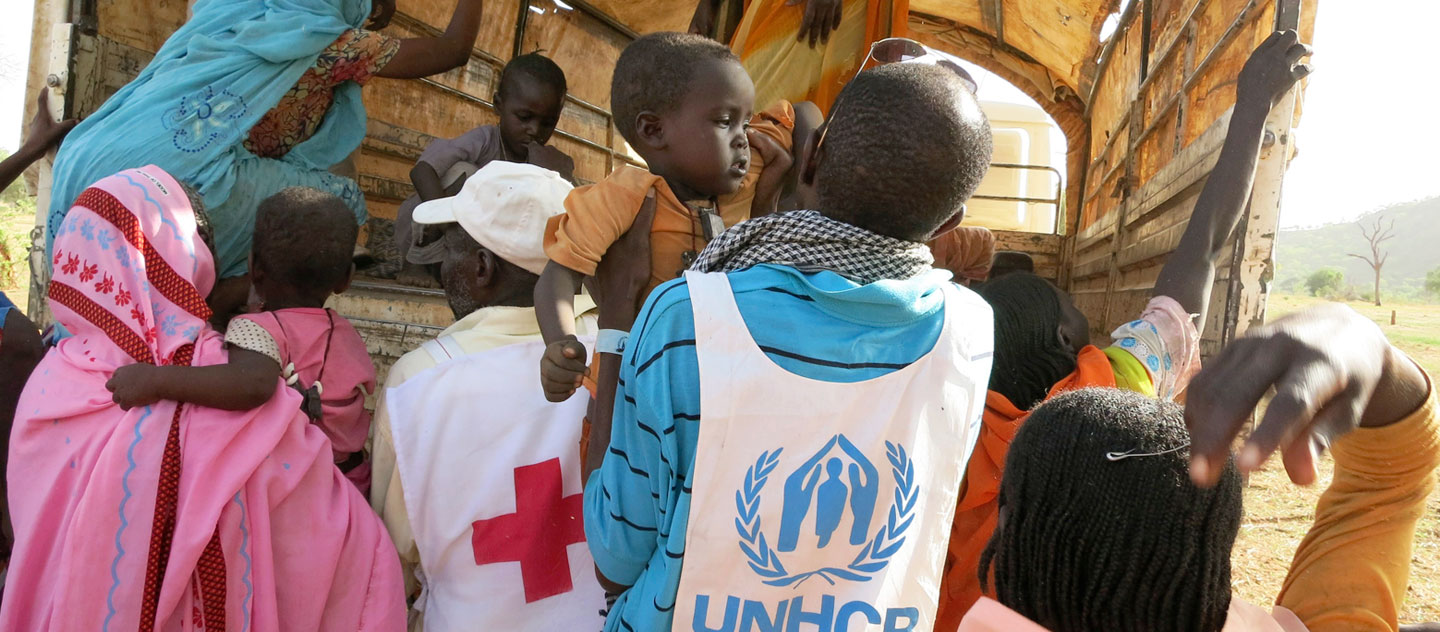
Emergencies
In emergencies, we must think quick and act fast. Whether conflict has caused people to flee their homes or political upheaval has displaced a population overnight, UNHCR is there to help.
Our aid and experts are ready for rapid deployment across the world. We can launch an emergency operation within 72 hours, thanks to a global network of suppliers, specialist agencies and partners.
Our humanitarian response is growing faster and more effective with the introduction of a new emergency policy that simplifies internal procedures and makes it easier to mobilize human, material and financial resources. It provides for new rosters of specialists on standby, speedier release of emergency funds, prepositioned relief material and accelerated selection of staff and partners. The new policy also emphasizes the importance of early engagement with development actors and the pursuit of solutions from the onset of a crisis.
The policy also sharpens the focus on risk analysis and preparedness before a crisis erupts. Additionally, we contribute to inter-agency initiatives to enhance early warning and preparedness.
To maintain our capacity for emergencies, we have developed regular training programmes such as the Workshop on Emergency Management, which prepares volunteers listed on our Emergency Response Team rosters for deployment to humanitarian crises on short notice. This week-long exercise is held three to four times a year for up to 40 people and focuses on team-building, operations planning, communication and negotiation skills and security.
UNHCR’s eCentre in Bangkok also helps to improve emergency preparedness and response in the Asia-Pacific region through capacity-building.
